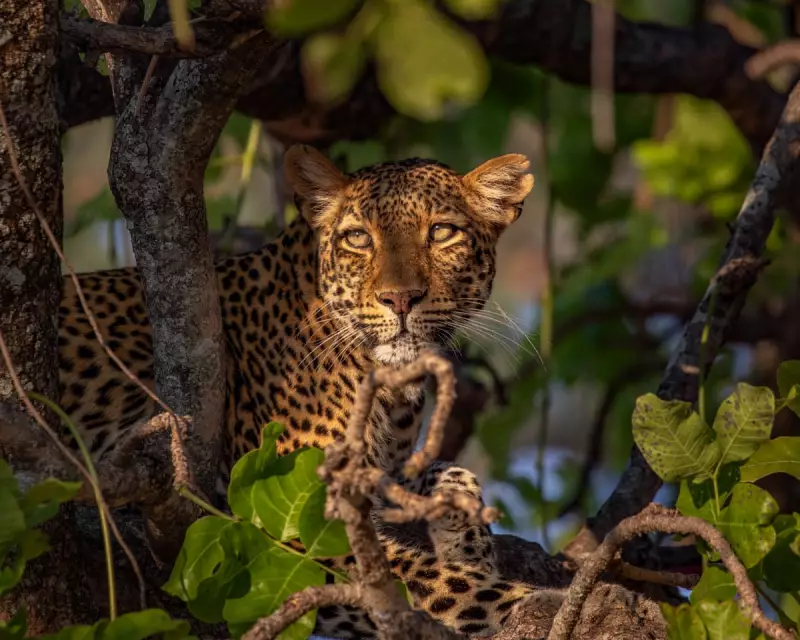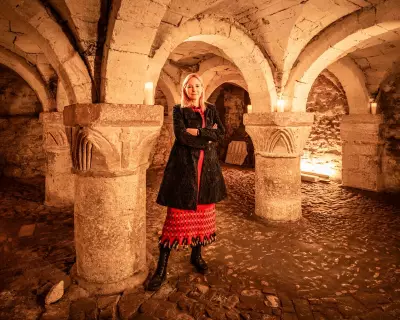
The BBC is poised to redefine wildlife television with its forthcoming natural history epic 'Kingdom', employing revolutionary filming techniques that promise to unveil the secret lives of animals in unprecedented detail.
Scheduled for broadcast next year, this ambitious series represents the corporation's most significant investment in natural history programming since the landmark 'Planet Earth' series, pushing the boundaries of what's possible in nature documentary-making.
Technological Marvels Behind the Scenes
Production teams have deployed an arsenal of cutting-edge technology, including ultra-high-resolution cameras capable of capturing behaviour invisible to the naked eye and sophisticated remote filming systems that allow observation without human disturbance.
These innovations enable filmmakers to document intimate animal moments with startling clarity, from the microscopic movements of insects to the nocturnal activities of elusive predators.
David Attenborough's Visionary Involvement
While specific details about Sir David Attenborough's role remain under wraps, insiders confirm his significant involvement in shaping the series' narrative direction and scientific accuracy. His legendary voice and storytelling expertise are expected to guide viewers through the breathtaking footage.
The series continues the BBC's proud tradition of natural history programming excellence, building upon decades of experience while embracing completely new approaches to wildlife observation.
A New Era for Nature Documentaries
'Kingdom' represents more than just another wildlife series—it signals a fundamental shift in how we observe and understand the natural world. The advanced filming methods developed for the production are likely to influence nature filmmaking for years to come.
Viewers can anticipate breathtaking sequences that reveal animal behaviour with such intimacy and detail that it effectively creates a new visual language for natural history storytelling.
The series is expected to premiere on BBC One and iPlayer in 2026, with international distribution likely to follow, continuing the BBC's global leadership in quality natural history programming.





